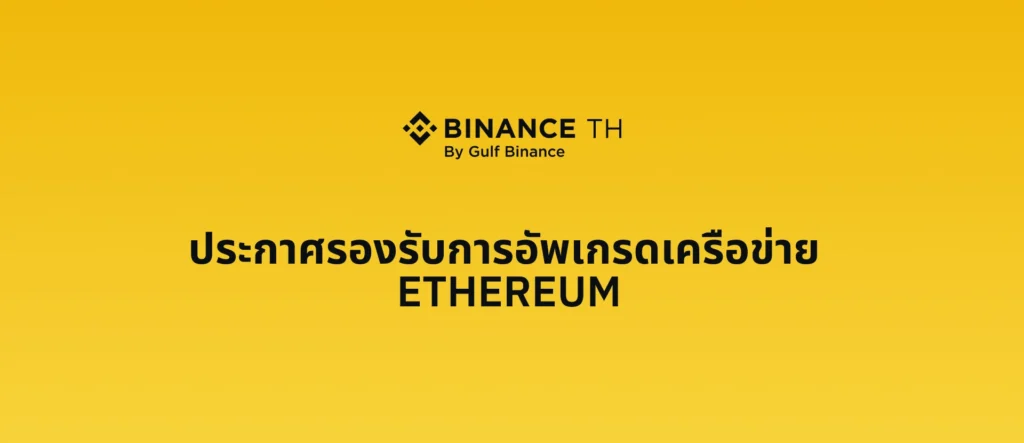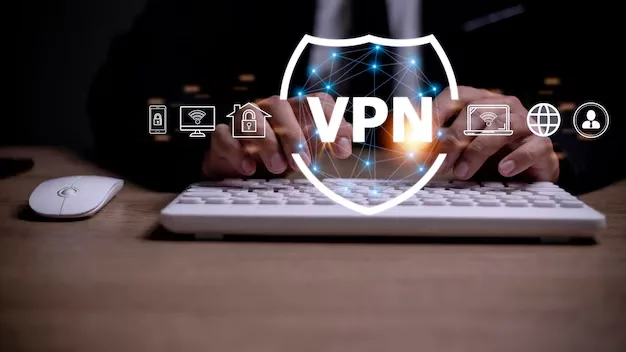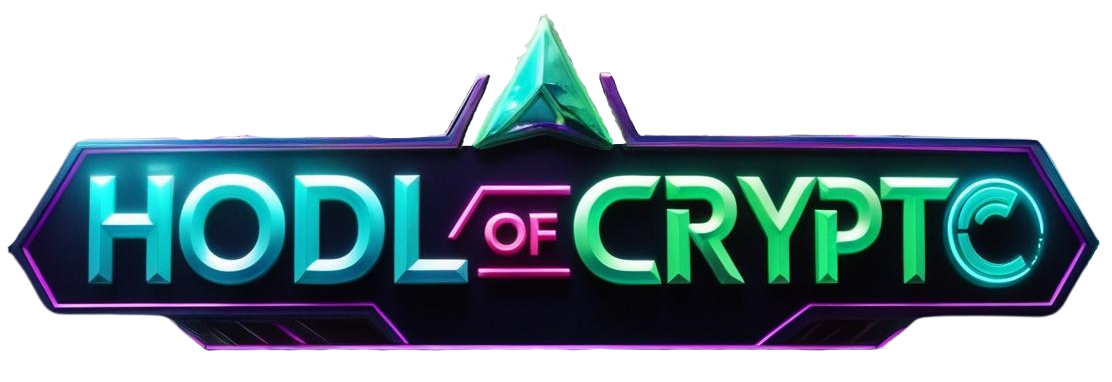Crypto is once again making headlines in Thailand in 2025. Prices are moving, interest is back, and more everyday users are looking for a way in. But there’s a problem lurking beneath the excitement — not all exchanges are equally safe to use. Some are regulated and reliable. Others? Not so much. So if you’re asking what is the best crypto exchange in Thailand, you really need to ask: which one can I actually trust with my money?
Here’s a no-nonsense look at the most-used crypto platforms in Thailand in 2025 — with a sharp focus on security, regulation, and risk.
What is the best crypto exchange in Thailand: Bitkub — Convenient, but Not Without Complaints
Bitkub is still the go-to for many Thai users, largely because it’s local and registered with Thailand’s SEC. It’s easy to connect with Thai banks and do baht-based trading, and most beginners start here for convenience alone.
However, Bitkub has faced criticism in the past — especially regarding outages during price surges and limited altcoin options. While the platform is stable for day-to-day trading, higher-than-average fees and a history of technical hiccups should keep users alert.
Risk Level: Low to moderate (regulated, but not flawless)
Use if: You need smooth THB integration and basic functionality.

Credit from : Instaforex
What is the best crypto exchange in Thailand: Binance TH — Legal, But Limited
Yes, Binance TH is legal — a major shift from previous years when Thai users relied on VPNs to access Binance.com. The new Thai version operates under Gulf Binance Co., Ltd, with local regulatory approval.
That’s a big win for safety. But it comes with tradeoffs. You won’t find the full Binance coin catalog or every feature here. It’s a trimmed-down version built for compliance.
Still, for those who want the reliability of Binance tech with Thai legal clarity, it’s a strong option — and likely one of the safest available.
Risk Level: Low (fully regulated in Thailand)
Use if: You want low fees and peace of mind from a big name.

Credit from : Binance TH
Bitazza — Great Features, But Watch Liquidity
Bitazza markets itself as a mobile-first lifestyle exchange — complete with its own crypto Visa card and a growing ecosystem across Southeast Asia. It’s based in Thailand and officially licensed, which adds credibility.
But users have reported that some trades can take longer or face price slippage, especially with smaller or less popular tokens. That’s a sign of lower liquidity, which can be a problem during high-volatility periods.
Risk Level: Low to moderate (regulated but smaller scale)
Use if: You want a user-friendly platform with spendable crypto features.

Upbit Thailand — Steady but Under the Radar
Upbit TH doesn’t make a lot of noise, and that’s kind of the point. The exchange comes from a trusted Korean brand and operates locally under Thai regulations.
Its clean UI and straightforward trading tools make it a good middle ground. But be aware — it may not be the fastest when markets are surging, and it doesn’t offer as many altcoins or extras as global platforms.
Still, it earns points for security and consistency.
Risk Level: Low (fully licensed, conservative model)
Use if: You want stability without unnecessary risk.

Credit from : HSC
OKX — Advanced Tools, Zero Regulation in Thailand
This one’s tricky. OKX is widely known for its professional-grade features — from copy trading to perpetual futures — but it’s not licensed in Thailand. Still, it’s regularly used by Thai traders via VPN or its Web3/Dex interface.
While its tools are attractive, using OKX from Thailand carries serious legal and financial risks. There’s no baht support, no official local help, and in a worst-case scenario, your account access could be restricted depending on local enforcement.
Risk Level: High (unregulated in Thailand)
Use if: You’re experienced and willing to take legal/technical risks.

Final Warning: Regulation Matters More Than Ever in 2025
The Thai government isn’t taking a soft stance on crypto anymore. Exchanges operating locally must now meet compliance standards — and those that don’t could be cut off, blocked, or fined.
So what is the best crypto exchange in Thailand in 2025?
The safest answer is one that follows the rules.
Bitkub and Binance TH lead the pack in legal standing, while Bitazza and Upbit offer good user experiences with licenses to back them up. OKX may be tempting — but unless you know what you’re doing, it’s a risky shortcut.
Before signing up or sending any baht, check whether the platform is licensed by the Thai SEC, has local customer service, and offers full transparency. In crypto, trust is everything — and in 2025, safety is worth more than speed.











